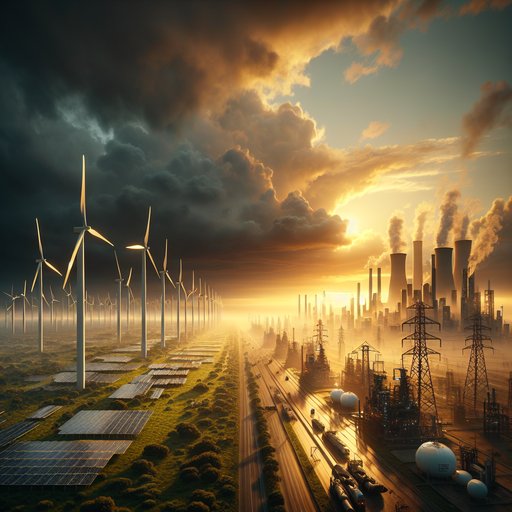
As Europe grapples with energy security concerns, Hungary has taken a controversial stance by openly criticizing EU energy policies and defending its relationship with Russian suppliers. The development comes amid broader challenges facing European power grids, with industry leaders warning of systemic vulnerabilities in countries like the UK, while Germany pushes forward with innovative renewable solutions.
Hungary's Foreign Minister made waves at a Moscow conference by declaring that his country would face severe consequences if cut off from Russian energy supplies [1]. The statement represents a direct challenge to EU efforts to reduce dependency on Russian energy resources, highlighting the growing tensions between national interests and bloc-wide energy security goals.
In parallel developments, the UK's energy infrastructure faces significant challenges, with Octopus Energy's CEO describing the system as "screwed" during a GITEX interview [2]. The stark assessment points to mounting concerns about grid capacity and its ability to meet growing demand in one of Europe's largest economies.
Meanwhile, Germany is showcasing innovative solutions to energy challenges with the deployment of floating vertical solar panels in Bavaria [3]. These modular structures, installed on a gravel pond, demonstrate how creative approaches to renewable energy can maximize power generation in limited spaces.
The contrasting approaches to energy policy across Europe reflect broader geopolitical tensions and technological transitions. While some nations like Hungary maintain traditional energy partnerships, others are actively pursuing renewable alternatives, suggesting a complex and potentially fractured European energy landscape.
























